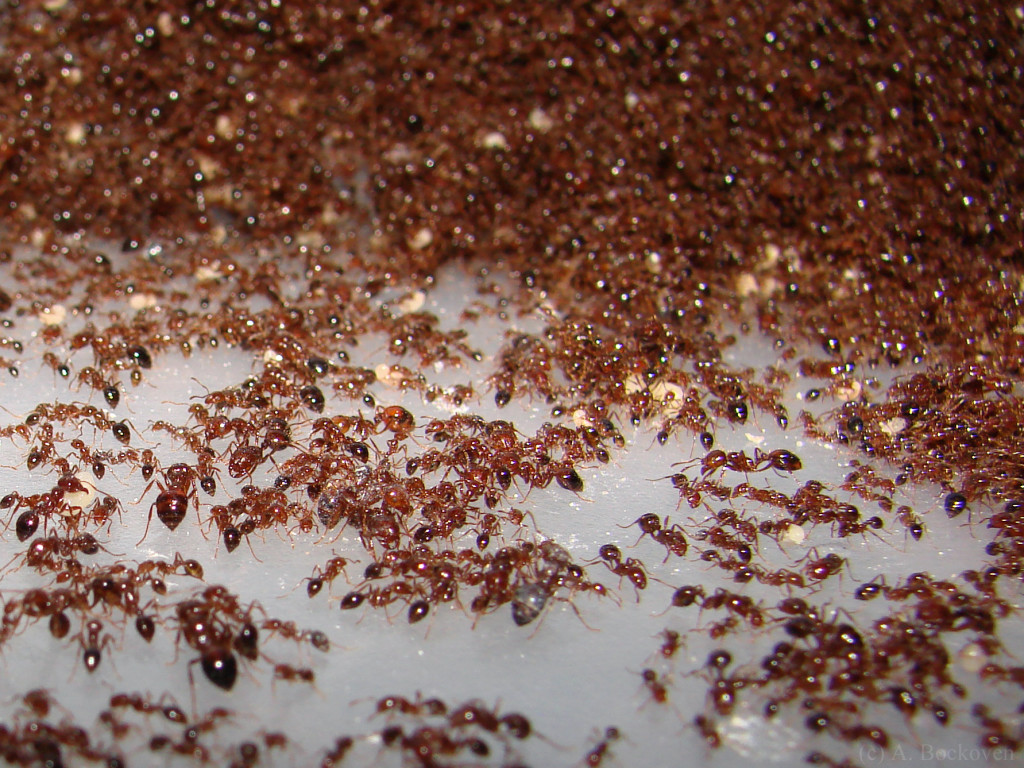Citronella ants are often seen in parks and yards. They smell like lemons and are easy to spot. Even though these ants don’t directly hurt people or homes, their appearance can make people wonder what they do to gardens and plant life. Let’s dive into the world of citronella ants, learn about how they act, and figure out if they could be harmful to your yard.
How to Learn About Citronella Ants
The name “citronella ants” comes from the smell they give off when they are crushed, which smells like citrus. People often mistake these ants for termites because of how they look, but they can be told apart by their divided bodies and bent antennae. They are usually pale yellow or light brown in colour, and they are bigger than most other kinds of ants.
How do you feel about ants in your garden?
When you see citronella ants in your yard, you might feel happy or sad. On the one hand, these ants don’t do anything to hurt plants or people directly. Unlike some other types of ants, they don’t do harmful things like dig tunnels through wood or damage buildings. Instead, they mostly eat the honeydew that aphids and other sap-sucking insects make. This makes them more of a bystander in the environment.
Why Citronella Ants Are Good
Citronella ants help the health of a plant indirectly by eating pests like termites and caterpillars. Their presence can help keep a natural balance in the garden environment, making it less necessary to use chemicals. Also, the way they build their nests can help the dirt breathe and drain better, which is good for plant roots.
Possible risks
Even though citronella ants are usually safe, there are a few things to think about:
- Soil Movement: In gardens, citronella ants often build big mounds. Even though these mounds don’t hurt the garden, they can move dirt around and change the way the garden looks. When planning the layout of your yard, think about where they like to nest.
- Roots of Plants Can Get Messed Up: When ants dig, they can disturb the roots of plants near their nests. Keep an eye on plants that are near ant hills and be ready to move them if you need to.
- Aphid Care: It is known that citronella ants “farm” aphids for their sweet juice. Even though this is good for the ants, it can cause aphids to gather on your plants. Aphids can hurt plants by sucking out their sap, which can slow down their growth or turn the leaves yellow.
How to Keep Citronella Ants Out of Your Garden
If citronella ants are bothering you in your yard, you can take the following steps:
- Tolerance: It’s usually best to let citronella ants live in your yard. Most of the time, the small problems they cause are outweighed by the good things they do. Remember that what they do can make the land better and help get rid of pests.
- Selective Relocation: If ant mounds are in high-traffic areas or near plant roots, you might want to move them to a place in your yard where they won’t bother you as much.
- Aphid Control: Ladybugs and lacewings are natural predators that can help control aphids in your yard. These bugs can help keep the number of aphids in check.
- Keep a close eye on the health of your plants and the ecosystem of your yard as a whole. Take care of problems right away, like aphid populations, to stop them from getting worse.
So, to sum up
With their lemony smell and strange habits, citronella ants can make your garden more interesting. Even though their actions might cause small problems, they usually help the environment more than they hurt it. By knowing what they do and taking steps to deal with them, you can find a balance that lets your yard grow well and gives these interesting ants a place to live. Remember that a garden environment that works well is one in which even the smallest creatures play an important role.
At Ant Exterminator Oshawa we offer long-term solutions that can guarantee the eradication of pest presence throughout the property. We treat residential properties as well as commercial properties.

